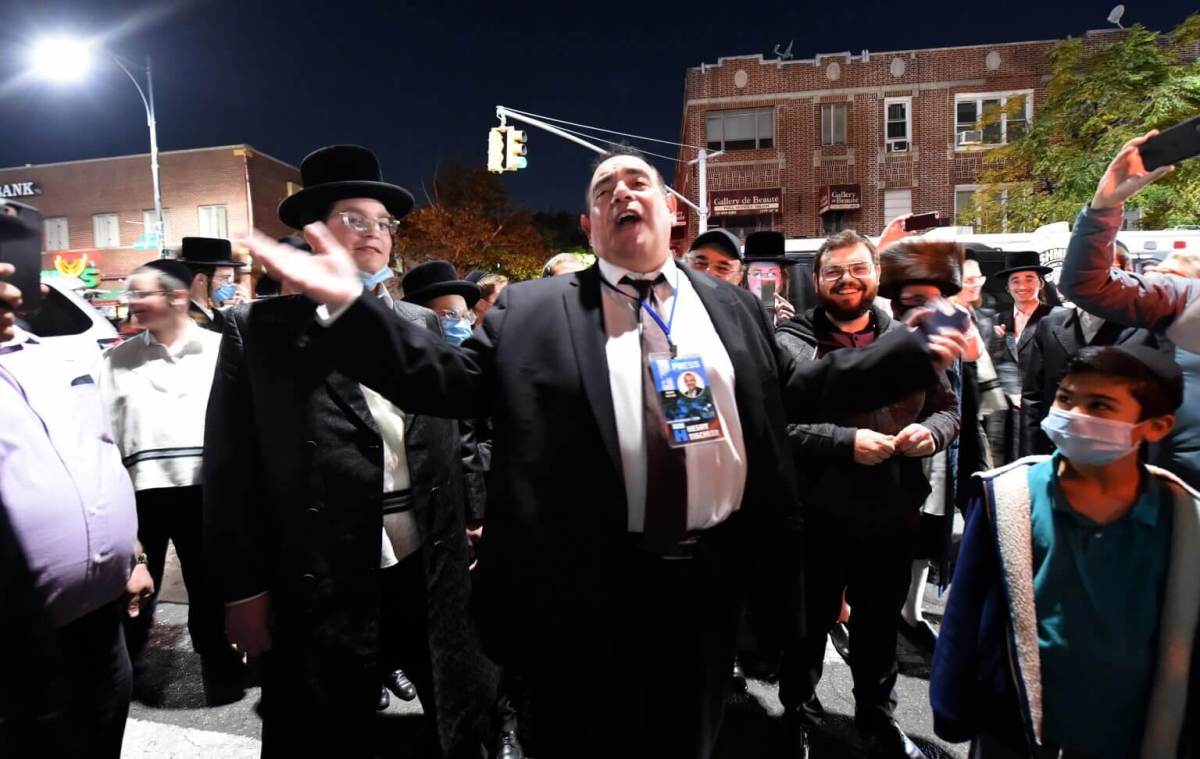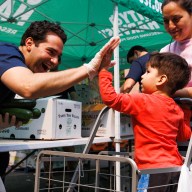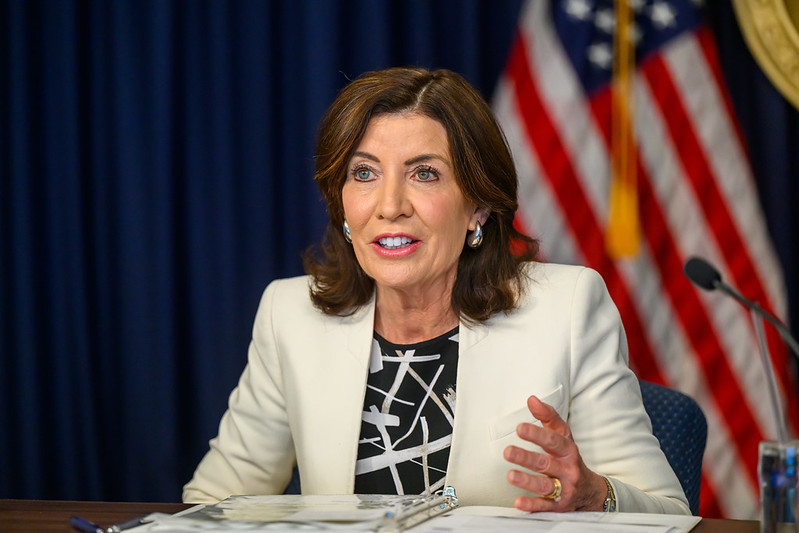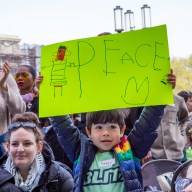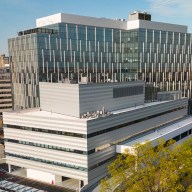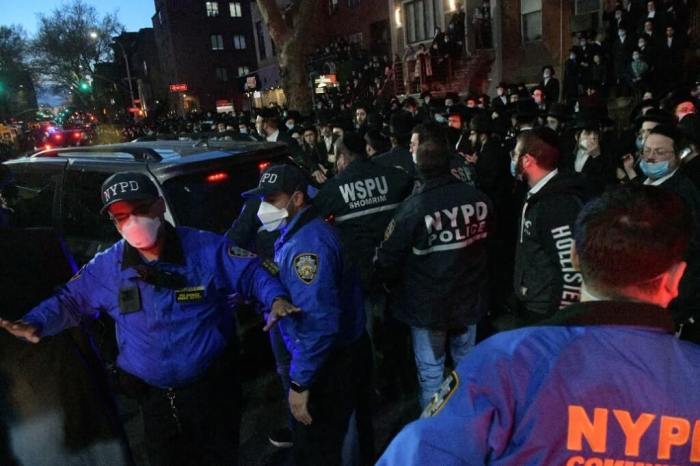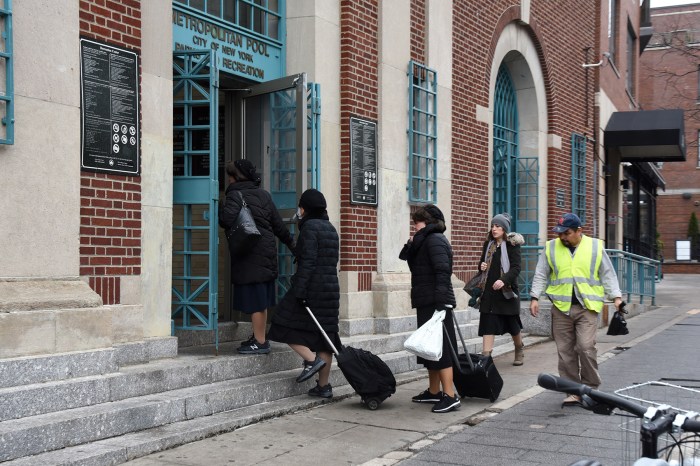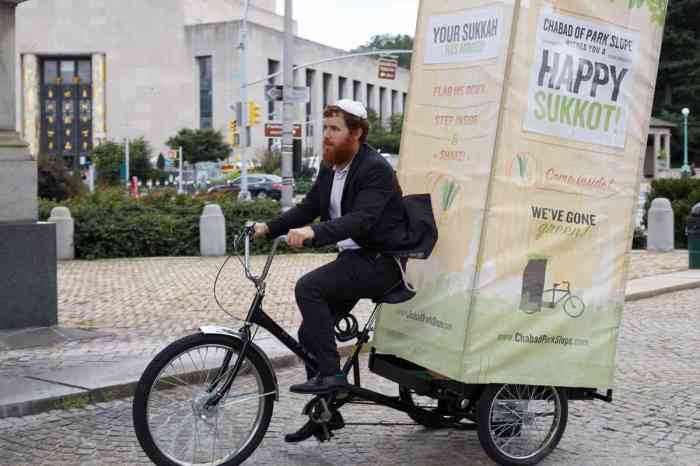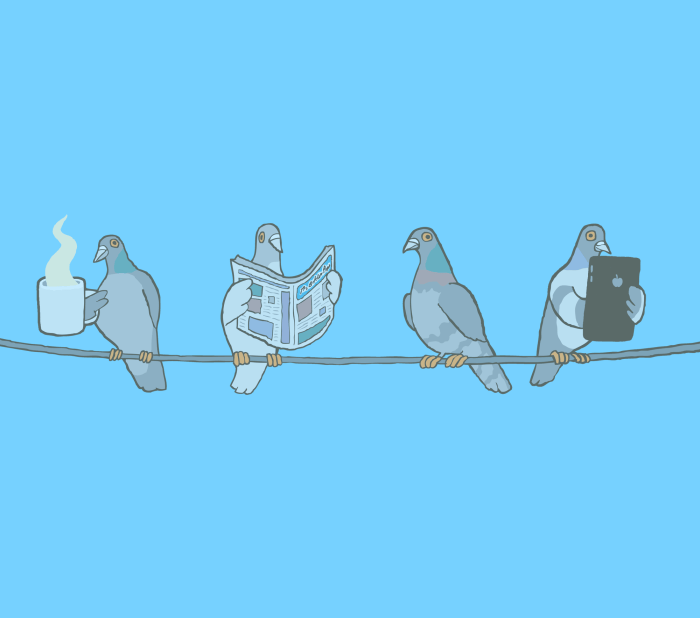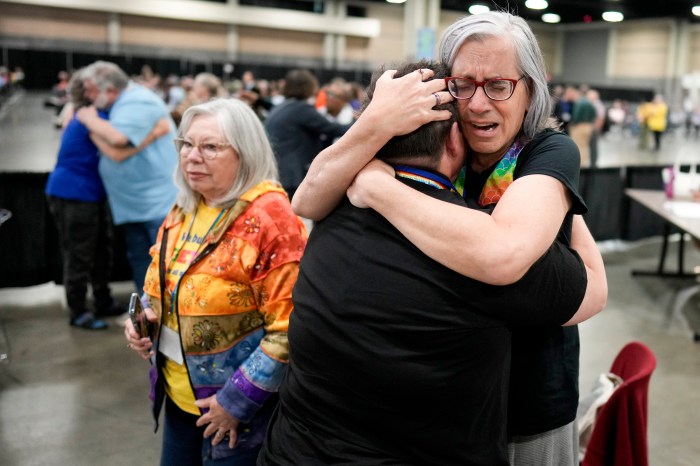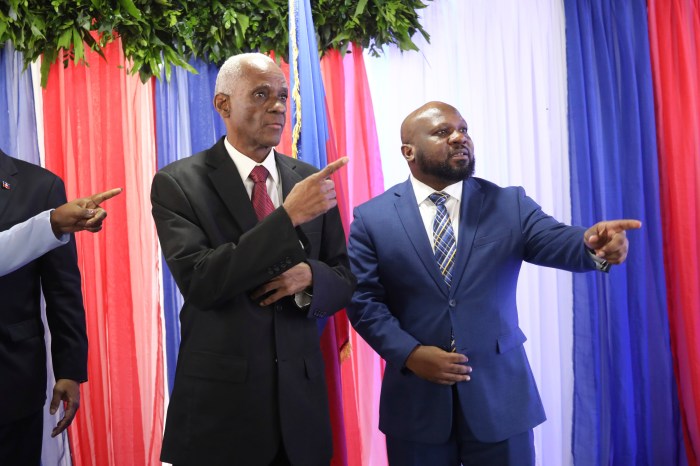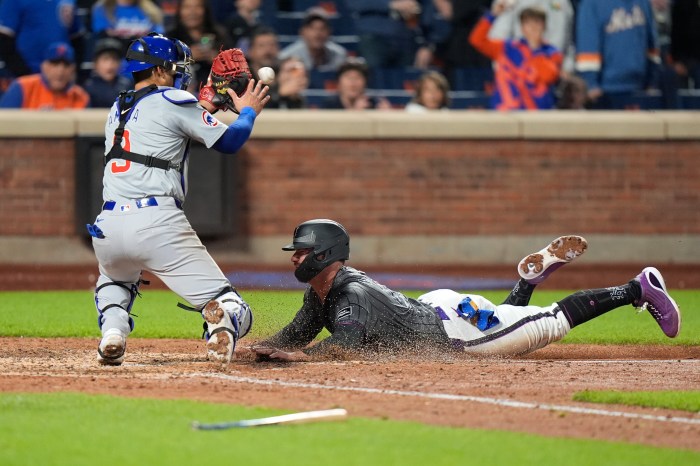Brooklyn’s Orthodox Jewish communities are facing renewed scrutiny following a series of COVID-19 upticks and protests against new lockdown measures. But many Orthodox Jews worry that generalizations about their alleged indifference to the virus are misinformed and potentially anti-Semitic.
“I think that the narrative is that you have an [Orthodox Jewish] community that by and large wants to thumb their noses at the science, but that’s just not the case,” said Dr. Samuel Torjman Thomas, a CUNY professor who lives in a Sephardic Orthodox community in southern Brooklyn. “There’s a lot more diversity within the Orthodox Jewish community than people recognize.”
Gov. Andrew Cuomo issued an executive order on Oct. 6 mandating that schools and businesses in New York City’s coronavirus hotspots close, and that houses of worship limit their capacity to 10 people.
Many of the hotspots — which the governor calls “red zones” — are in Orthodox Jewish and Hasidic communities, such as Borough Park, Midwood, Homecrest, and Forest Hills, Queens. The daily rate of positive COVID-19 tests in these areas ranged from four to over eight percent as of Oct. 9.
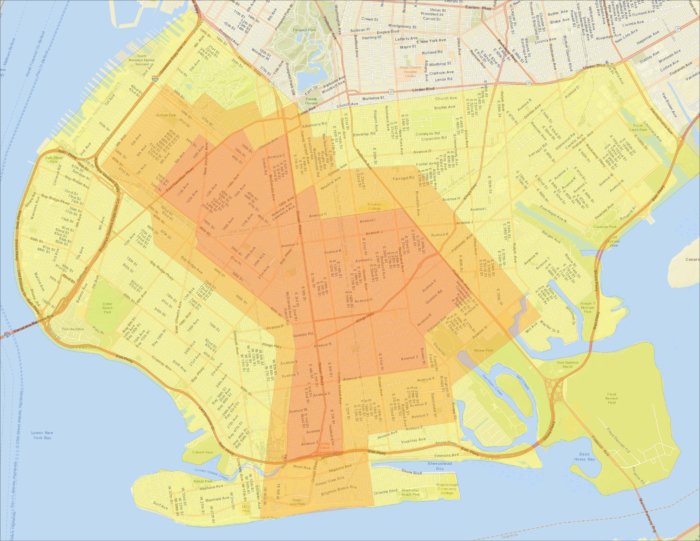
Cuomo’s restrictions infuriated several local officials — who called the measures discriminatory — and touched off two nights of demonstrations in Borough Park, where mostly mask-less attendees waved Trump flags and lit face masks on fire. Mobs at the protests attacked two Hasidic dissenters, injuring one of them critically.
“You are my soldiers! We are at war!” said one of the protest organizers, radio personality Heshy Tischler, to the crowd on Oct. 6.
Critics have pinned the COVID-19 outbreaks on widespread pro-Trump messaging that minimizes the dangers of the virus and the need for safety measures, like face masks. But many Orthodox Jews emphasize that there are many denominations within Orthodox Judaism — ranging from modern orthodoxy to branches of Haredi Judaism, or ultra-Orthodoxy — and that each of New York City’s 500,000 Orthodox Jews view COVID-19 safety precautions differently.
“You’ll see people in compliance, you’ll see people not in compliance,” said Ezra Friedlander, a Borough Park resident who served as a staffer for former Assemblyman Dov Hikind and Public Advocate Mark Green.
Friedlander said he supports mask-wearing and other safety protocols, but argued that the ultra-Orthodox community’s unique demographics and social structure require a more tailored approach to COVID-19 containment. While other neighborhoods may see a decrease in COVID-19 cases because of school closures, there are so many children in Borough Park that without the structure and precautions of a classroom, they gather in parks and streets, spreading the virus more quickly, he said.
“What’s going to happen when you close the schools down? All the kids are going to congregate with 50 other kids, then they’re going to someone else’s house,” said Friedlander, who is the son of the Liska Rebbe, a Hasidic dynasty. “In my building alone, there’s close to 40 children. Outside my house it’s like a playground, I go crazy.”
Friedlander added that limiting synagogue attendance to 10 people regardless of the synagogue’s size seemed unnecessarily harsh — especially in the middle of the Jewish high holidays.
“There are shuls that can accommodate 5,000 occupants. Why are they only allowed 10 people?” he said, adding that the synagogue is a central meeting point in Orthodox life. “You really have to live it to understand it: the synagogue is not this cold sanctuary where you come in, you say a prayer, and you leave. You congregate, you do business, it’s social.”
While Friedlander said he believes most locals treat the virus seriously, another Borough Park resident, who spoke on the condition of anonymity, slammed her neighbors for what she views as widespread irresponsibility.
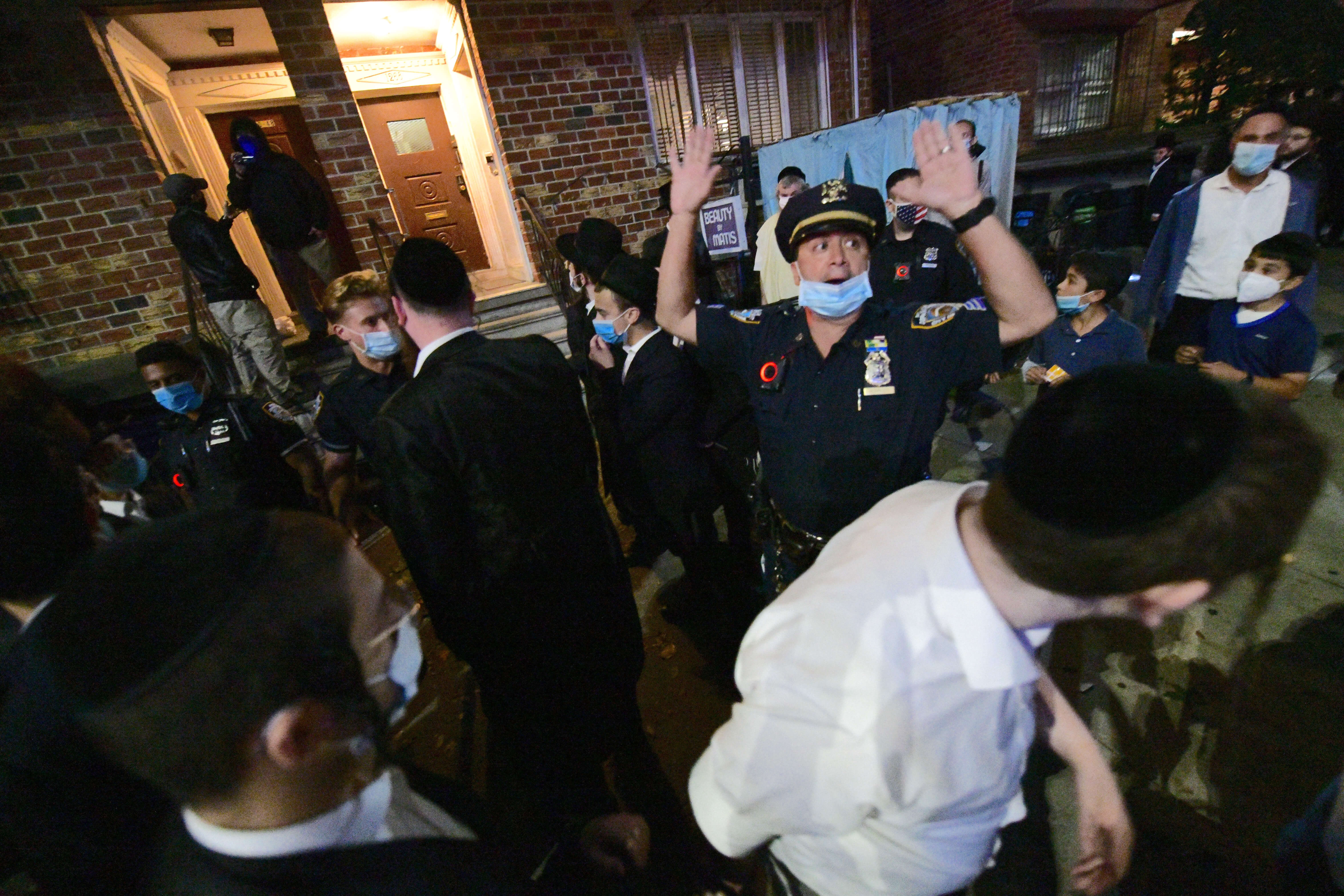
“The general attitude amongst the residents in Borough Park [is that they] don’t actually care about the virus at all,” said the resident, a modern Orthodox mother of three and teacher at a yeshiva. “I believe the widespread [COVID-19] denial comes from listening to people who don’t believe [in] it, and they believe they have herd immunity, which is not true at all.”
The source added that she worried the actions of certain Orthodox Jews reflect badly on the whole community.
“It’s a disgrace to people that do follow the rules, and they are getting punished for certain Jews’ actions.”
In Homecrest — another “red zone” with a large Orthodox population — residents also hold a range of views on COVID-19 safety precautions, one local said.
“Generally speaking, people consume information differently. Everyone is exposed to a different mix of media,” said Amber Adler, an Orthodox Jewish mother running for City Council in District 48. “This is why it is so important to have a consistent dissemination of accredited information in every community and in every appropriate language.”
To curb the virus’ spread, the government should craft a more detailed containment plan, Adler said.
“We want decision makers to make moves that make sense. Heavy-handed ZIP code restriction models are a haphazard attempt at solving the problem,” she said. “We need proactive data sets such as what I have called for to track Prevention Measures in schools by adding this data to the NYS DOH ‘COVID-19 Report Card’ and analyzing trends.”
Dr. Thomas, who lives in the Sephardic Orthodox neighborhood in Homecrest and Gravesend, agreed that the sudden, strict restrictions seem draconian to locals. To increase compliance, officials should have started with more gradual containment measures before the start of the Jewish holidays, he argued.
“Now the government is trying to react to the problem,” he said. “[They needed] to make a greater effort preemptively, trying to get those [local] leaders to come more on board before the holiday season started.”
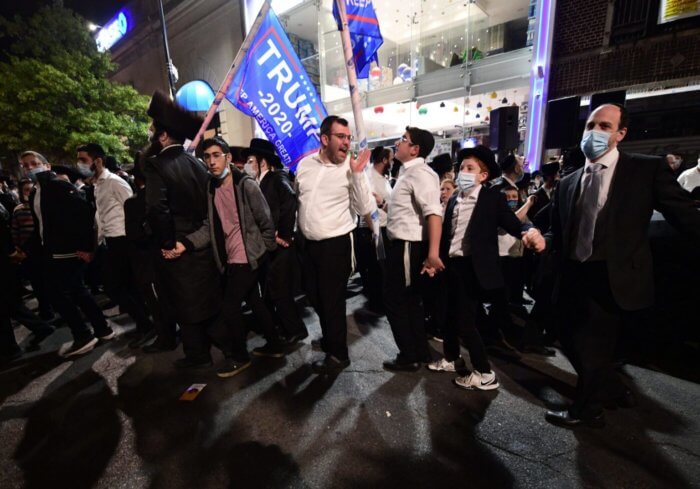
Thomas added that the narrative around COVID-19 compliance has become so polarized that there’s little room for nuance.
“People are being subsumed into these larger categories of mask, anti-mask; Trump, anti-Trump,” he said, adding that many synagogues in his community have adopted strict safety measures. “Are there a lot of Trump supporters in the Sephardic community? Absolutely. But there are a lot of Trump supporters who are not anti-maskers.”
A single narrative about the city’s Orthodox communities can breed prejudice, Thomas noted.
“It lead to biases, it leads to anti-Semitism,” he said.
Rather than just shame Orthodox communities, elected officials should work to understand why some locals reject Cuomo’s new restrictions and view them as discriminatory, Friedlander explained.
“Historically, when a community has been discriminated against, their initial reaction is to suspect the motives behind a decision that will negatively impact their ability to function in a normal sense,” he said.


